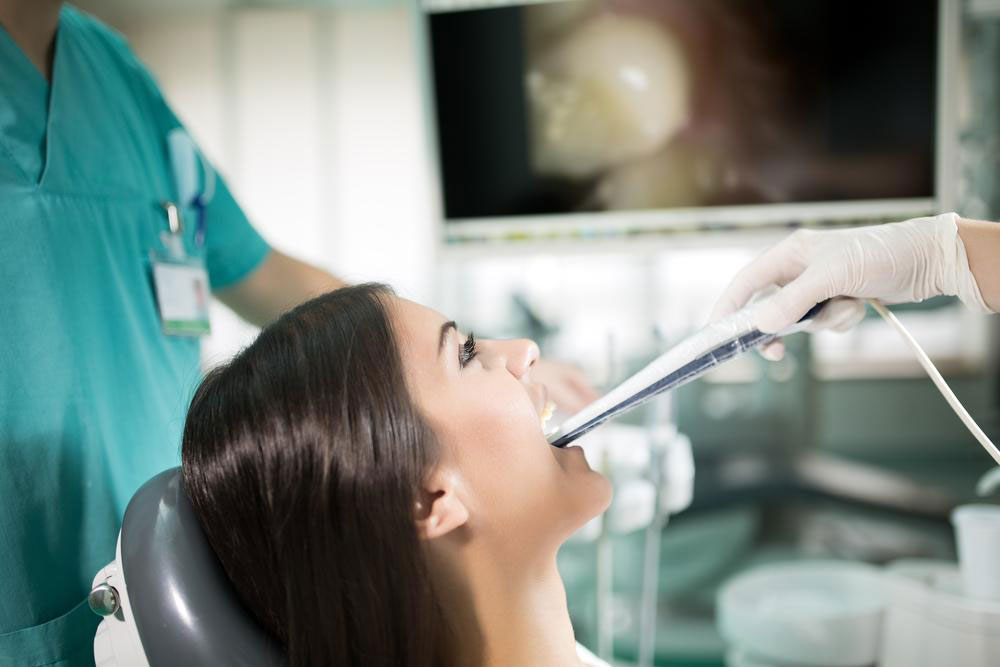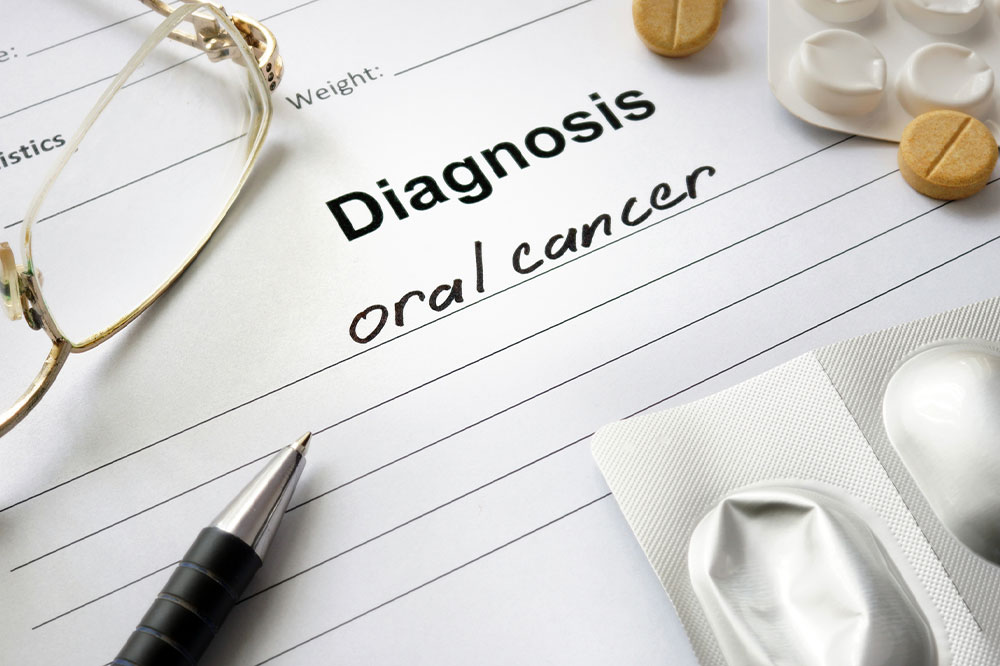Understanding and Preventing Metastatic Oral Cancers
Explore the key risk factors for metastatic mouth cancer and discover effective preventive strategies. Regular dental checkups, moderating alcohol consumption, and quitting tobacco are crucial in reducing cancer risk. Understanding these measures can help detect early signs and improve outcomes for those at risk of or suffering from oral cancers.

Understanding and Preventing Metastatic Oral Cancers
Oral cancer develops when abnormal cells grow uncontrollably in areas such as the lips, gums, tongue, inner cheeks, roof, and floor of the mouth. These changes occur due to mutations in healthy cells' DNA, leading to rapid multiplication and tumor growth. If untreated, the cancer can spread to nearby organs via the bloodstream and lymphatic system, a process known as metastasis. Once metastasis occurs, treatment options become limited, and prognosis worsens, especially in advanced stages.
High severity of metastatic mouth cancer results in lower survival rates as malignant cells damage healthy tissues within the mouth, neck, or head. The exact triggers for these mutations remain unclear, often leading to late diagnoses and poorer outcomes.
Factors Increasing Risk
Weak immune system reduces the body's ability to control unhealthy cell growth
Sun exposure, especially around the lips, can promote cancer cell development
Smoking and alcohol consumption can speed up the growth of cancerous cells
Preventive Measures
Regular dental examinations: Routine checkups help detect early signs like lumps, tissue changes, discoloration, or shifting teeth that could indicate cancer development
Limit alcohol intake: Moderation is key—limit alcohol to one drink per day for men and two for women
Avoid tobacco: Quitting smoking and ceasing chewing tobacco reduce exposure to carcinogens and lower cancer risks
Note: Our blog offers informational content across various categories to enhance understanding. However, this should not replace professional medical advice. Always consult healthcare providers for accurate diagnosis and treatment options. We are not responsible for any inaccuracies or missed offers.










